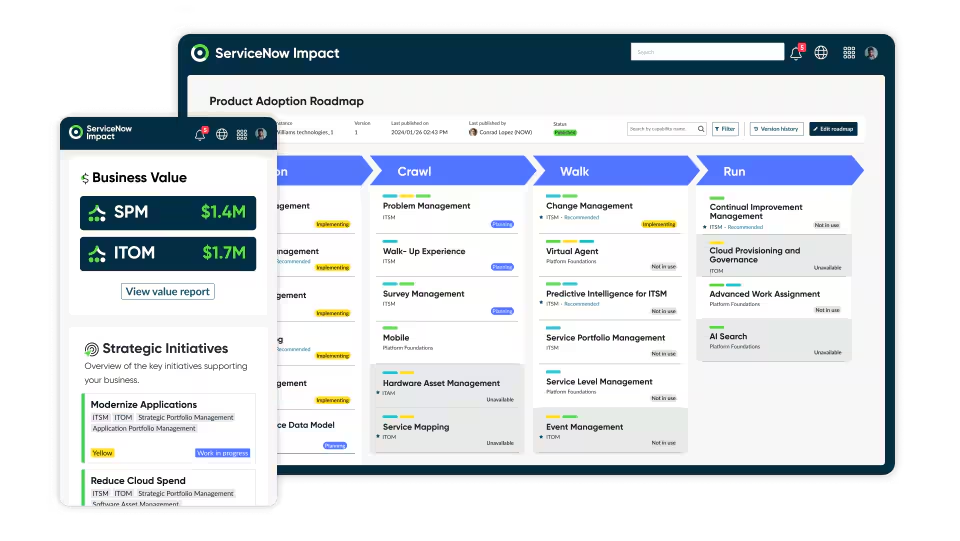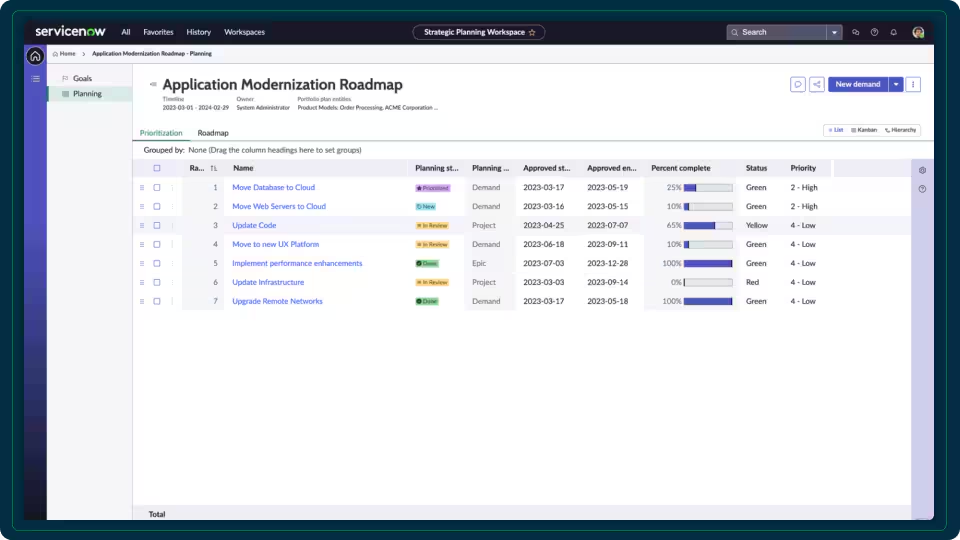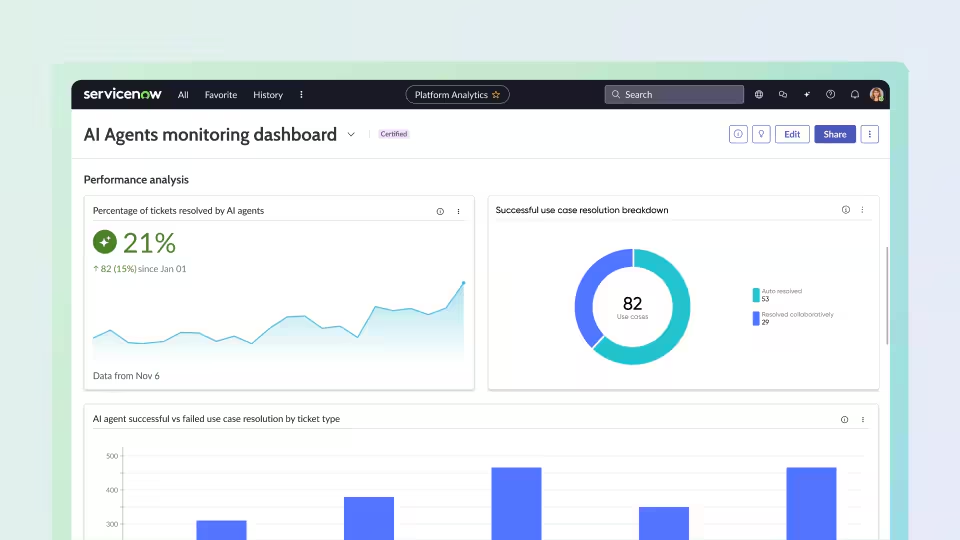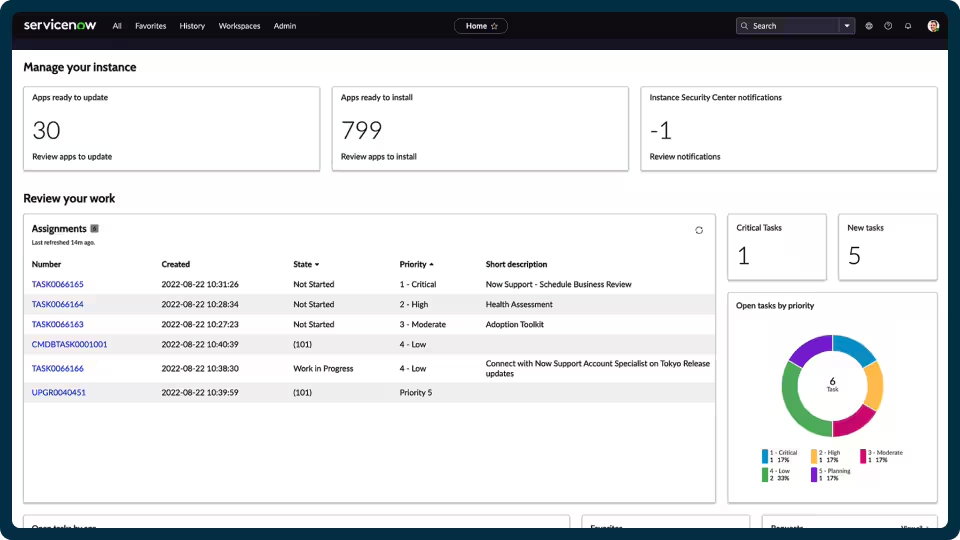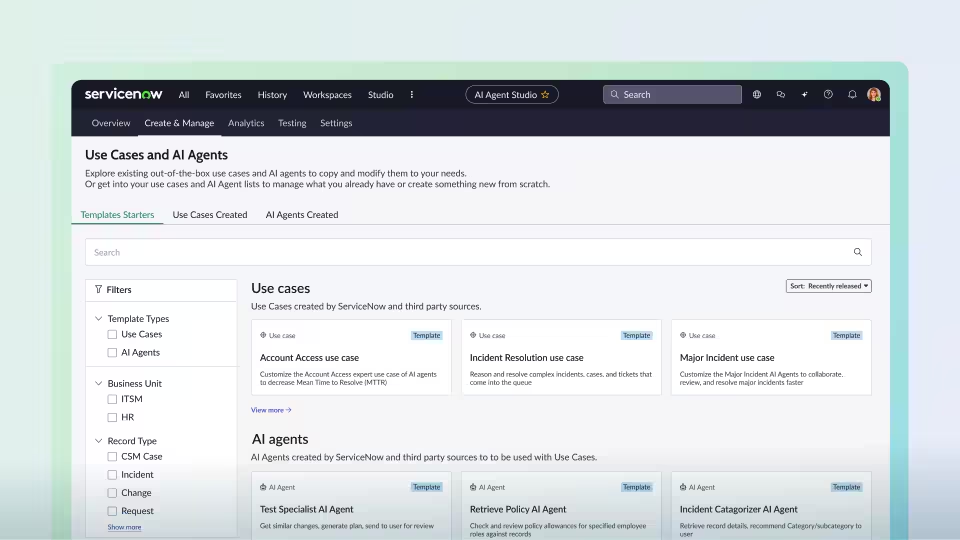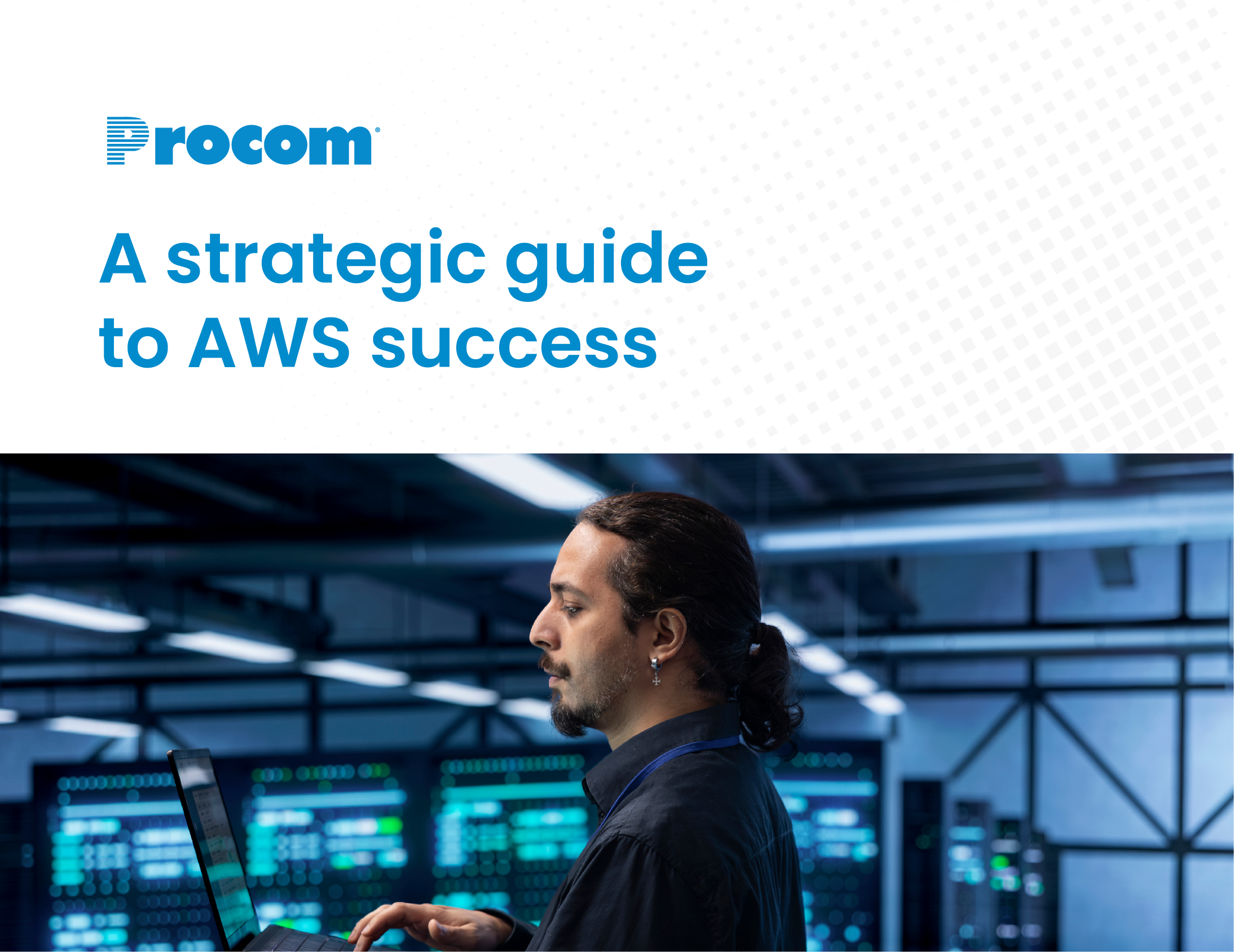Investor relations (IR) is key to fostering strong ties between public companies and their stakeholders. As the need for effective IR strategies increases, finding and attracting top talent in the field of investor relations becomes an important recruitment objective.
This short guide offers insights and guidance on selecting skilled Investor Relations Analysts, which are crucial for effective shareholder communication, ensuring compliance, and boosting investor engagement.
Investor Relations Analysts act as a link between an organization and its financial community, sharing financial and operational updates with external stakeholders, while providing timely and accurate information.
Their duties span from financial reporting à analyst relations, corporate governance, market intelligence. Given the complexity of regulatory demands and the need for transparent stakeholder management, hiring the right IR Analysts is vital for any public company’s success.
Legislation like the Sarbanes-Oxley Act of 2002 and the Dodd-Frank Wall Street Reform and Consumer Protection Act of 2009 have further amplified the role of investor relations, as well as the need to hire skilled IR Analysts.
These laws have heightened transparency and reporting needs for financial institutions, and have made it imperative to have skilled IR professionals who can navigate complex regulatory environments and ensure compliance while engaging effectively with investors and other stakeholders.

Key Takeaways:
- Investor Relations Analysts are crucial for building and maintaining relationships between public companies and their stakeholders.
- IR professionals are responsible for financial reporting, shareholder communication, public company compliance, investor engagement.
- Government legislation has strengthened the role of IR by increasing transparency and reporting requirements for financial institutions.
- To bridge the talent gap in investor relations, organizations should be focused on the type of IR Analysts they require, and leverage the expertise of a talent partner.
Understanding the Role of Investor Relations Analysts
Investor Relations (IR) Analysts are key in bridging the gap between a company and its financial stakeholders. They blend finance, communication, marketing, and law to ensure investors get timely, accurate info on the company’s financial health and plans.
Selon le Aldrich, IR Analysts work full-time, with extra hours during earnings seasons or big events. They spend a lot of time on financial analysis, stock monitoring, and keeping up with laws. They must respond quickly to market changes and investor queries, leading to high stress periods.
To increase the attractiveness of your job offer, your organization may choose to grant additional flexibility to an Investor Relations Analyst by implementing contingent workforce solutions.
Key Responsibilities of IR Analysts
The main duties of an Investor Relations Analyst include:
- Organizing financial statements for annual and interim reports, leveraging big data and business intelligence tools.
- Answering investor questions and providing relevant information about company finances.
- Writing occasional press releases about financial results and planned capital raises.
- Setting up conference calls and creating presentations for reporting periods and significant announcements.
- Working with bankers during capital raises and mergers and acquisitions (M&A) deals.
- Communicating with equity research analysts while carefully managing disclosure requirements.
- Gathering market intelligence and maintaining internal company models.
IR Analysts use digital tools for communication and virtual roadshows. They manage negative info, ensure compliance, maintain consistent communication, all while building relationships during IPOs, SPACs, and M&A deals.
Essential Skills and Qualifications
To succeed as an Investor Relations Analyst, your candidate needs a deep understanding of corporate finance, and data analysis. They must also be clear communicators and have attention to detail. While not the main focus, they must grasp accounting, financial modeling, and valuation to analyze financials and share insights with investors.
They must be skilled in creating investor presentations, crafting communications, and building relationships with stakeholders. A solid grasp of SEC regulations and disclosure rules is also essential to maintain the company’s reputation and avoid hefty fines.
Choosing the right Investor Relations Analysts is vital for a company’s image before, during, and after an IPO or SPAC. Companies often have dedicated IR teams that focus on communications with leadership and stakeholders. These teams help explain market behaviors, contextualize news, and provide financial information to shareholders.
Sourcing and Attracting Top Investor Relations Analysts
To build a robust investor relations (IR) team, companies must attract top talent. This requires crafting compelling descriptions de postes, leveraging professional networks, and using specialized IT staffing firms like Procom to find the right talent that can leverage technology for investor relations.
By doing so, organizations can identify and hire top IR analysts. These professionals are crucial for effective communication with investors and enhancing the company’s financial market presence.
Crafting Compelling Job Descriptions
Creating an engaging job description is key to attracting qualified IR analyst candidates. The description should clearly outline the role’s responsibilities, required qualifications, and the company’s expectations. It’s important to highlight the need for strong communication skills, financial acumen, and relationship-building abilities. Mentioning the company’s mission, values, and growth potential can also attract top talent.
Companies with strong analyst relations showcase transparency, boost shareholder value, and gain support for their plans.
Leveraging Professional Networks and Referrals
Utilizing professional networks et recommandations is a highly effective way to find exceptional IR analyst candidates. Reach out to industry contacts, such as former colleagues, mentors, or professionals in the IR field, to inquire about qualified individuals. Attending industry conferences and networking events can also expand your network and connect with potential candidates.
Renvois often lead to higher-quality hires, as the referred candidates have been vetted by trusted sources.
Utilizing Specialized Recruitment Agencies
Partnering with specialized recruitment agencies like Procom, focused on the IT aspects of IR and corporate communications, can streamline the hiring process. A recruitment agency can also handle initial screenings and entretiens, saving your company time and resources. Procom understands that investor relations is crucial, requiring a blend of IT, finance, marketing, and communication skills for effective information exchange.
By focusing on crafting compelling descriptions de postes, leveraging professional networks, and utilizing specialized recruitment agencies, companies can attract and hire top IR analyst talent. These strategies will help build a strong IR team. This team can successfully communicate with investors, enhance the company’s reputation, and drive long-term growth.
Evaluating and Selecting the Right Investor Relations Analysts
Seeking the right Investor Relations (IR) Analyst is crucial. A thorough evaluation process is necessary to ensure the best fit. This involves entretiens, assessments of technical skills, and evaluations of cultural fit et compétences non techniques.

Conducting Thorough Interviews
The interview process for IR Analyst candidates should be comprehensive. It should cover a wide range of topics to assess their suitability. It’s important to explore their understanding of the investment community and financial markets.
Candidates with prior experience as investors or sell-side analysts bring valuable insights. Inquire about their familiarity with SEC regulations et disclosure requirements. Compliance is a critical aspect of the IR function.
Assessing Technical Knowledge and Expertise
IR Analysts need a strong foundation in finance and excellent analytical skills. They must effectively communicate the company’s financial performance and strategic plans. Assess their ability to interpret financial statements and develop financial models.
Look for individuals who can synthesize complex information and present it clearly. Former investors or analysts with a proven track record in investor relations are often well-suited for the role.
Evaluating Cultural Fit and Soft Skills
While technical expertise is crucial, cultural fit et compétences non techniques are equally important. IR Analysts serve as the face of the company to the investment community. They must possess exceptional communication and interpersonal skills.
Assess their ability to build relationships and handle difficult questions. Look for candidates who align with the company’s values and can effectively collaborate with internal stakeholders.
When making the final selection, consider the following key factors:
- Relevant industry experience and understanding of key investors
- Strong analytical skills and the ability to develop comprehensive IR strategies
- Excellent written and verbal communication skills
- Ability to think strategically and anticipate investor concerns
- Adaptability and willingness to stay up-to-date with evolving market trends and regulations
By conducting thorough entretiens, assessing technical knowledge et expertise, and evaluating cultural fit et compétences non techniques, companies can identify the most qualified IR Analyst candidates. Investing time and effort in the selection process will ensure that the chosen individual can effectively manage investor relations, build credibility with the financial community, and contribute to the company’s long-term success.
Conclusion
Choosing the right investor relations analysts is a crucial decision for any organization It can greatly affect their ability to establish strong investor relationships and boost shareholder value. IR consultants offer expertise, objectivity, flexibility, crucial in the complex world of investor communications. Their knowledge helps companies craft IR strategies that appeal to investors, supporting long-term growth.
When looking for top IR talent, consider leveraging the expertise and resources of a talent partner. If your organization is looking to source IR Analysts, fill out the form below and a Procom recruitment expert will contact you.
